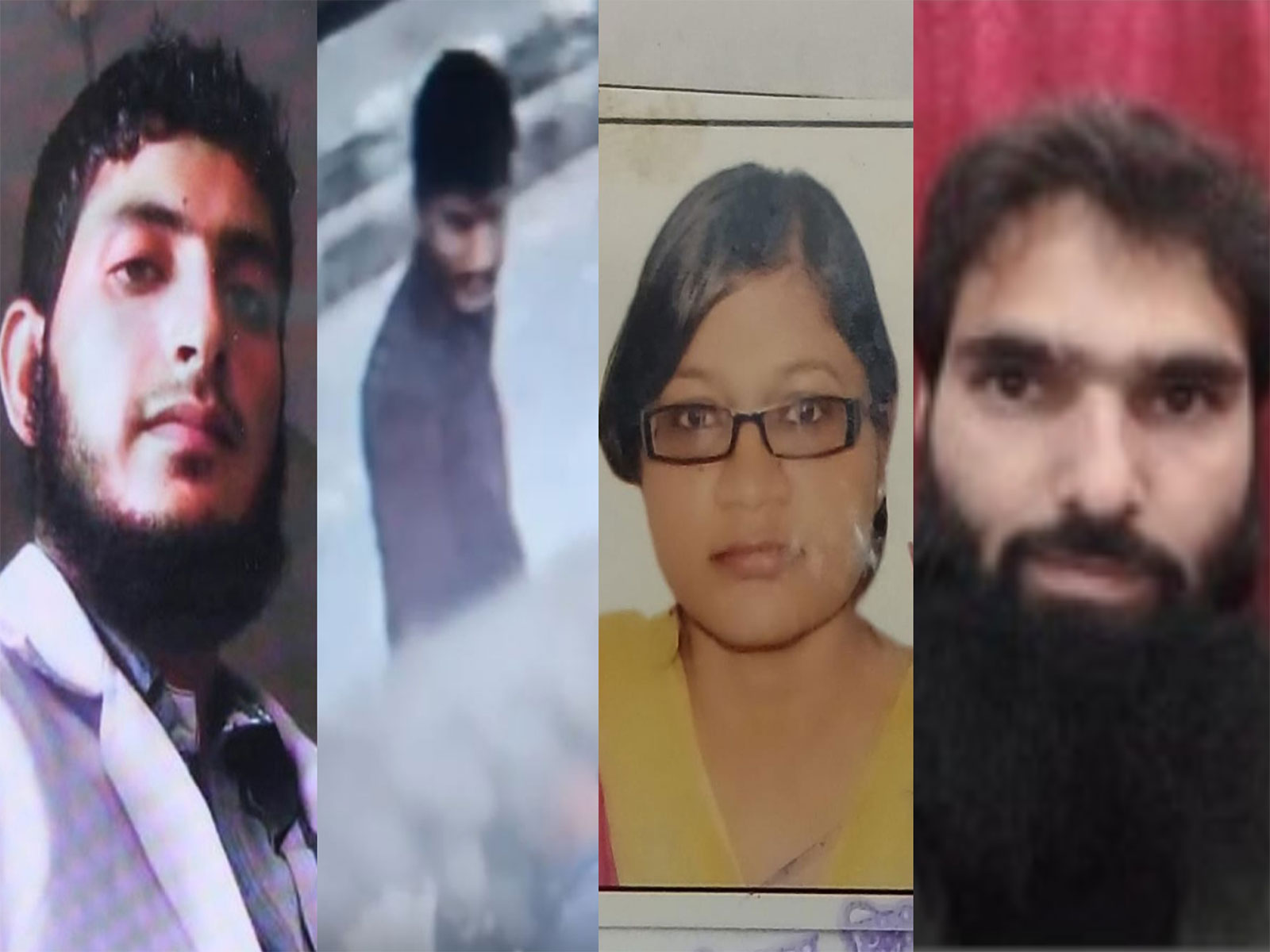What is White-Collar Terror Network? When Professionals Turn Into Extremists
App Store – https://apps.apple.com/in/
Google Play Store – https://play.google.com/store/
Related Articles
Two Pakistani Nationals Arrested After Escaping from Jammu Juvenile Facility
Two Pakistani nationals, aged 20 and 23, were arrested by the Haryana Special Task Force (STF) at Ambala Cantonment railway station following their escape...
Delhi to Revamp 241 Major Roads by 2026 End Investing Rs 802 crore
The Chief Minister of Delhi, Rekha Gupta, announced on Tuesday that the government plans to undertake renovation work on 400 kilometers of road by...
Agriculture Ministry Launches Bharat-VISTAAR: A Multilingual AI Tool for Farmers
In a significant development for the agricultural sector, the Ministry of Agriculture has unveiled Bharat-VISTAAR (Virtually Integrated System to Access Agricultural Resources), an AI-enabled...


